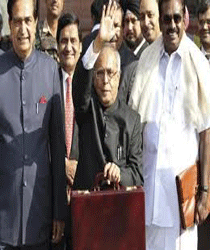
India is reeling under the continued onslaught of inflation, petrol price hikes and generalized insecurity about where the economy is headed. Against all expectations, property prices in our metros have held firm and even show signs of upward movement. While the man on the street continues to wonder when he will be able to buy a modest home of his own, India’s super-rich are raising palatial homes at truly astronomical expense.








